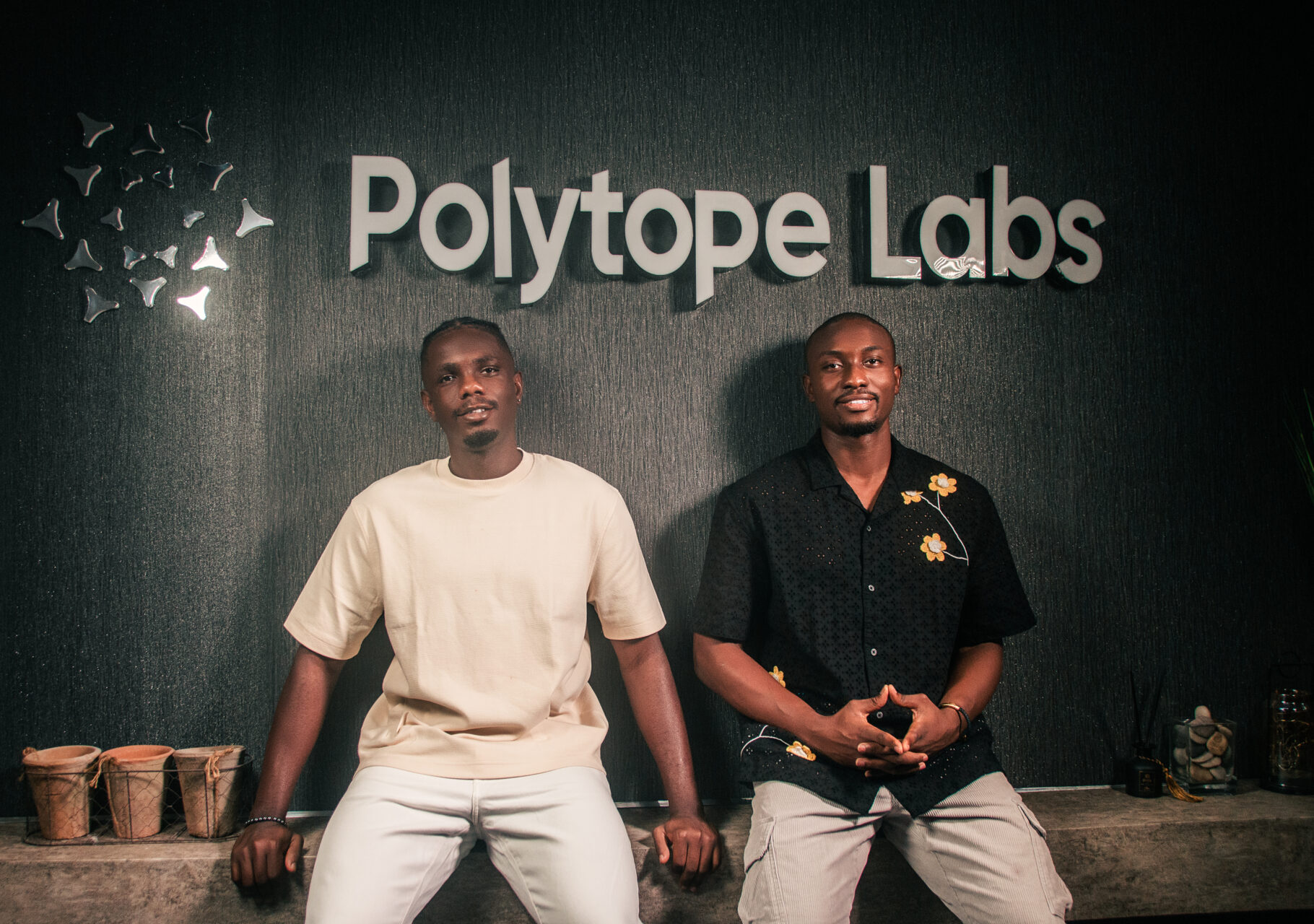Key takeaways:
- Founders of Polytope Labs, Seun Lanlege and David Salami, have launched Hyperbridge, a protocol for safe cross-chain transactions.
- Built to make Africans builders of blockchain technology, Polytope Labs has gotten funding and research grants of up to $130,000.
- Hyperbridge, which is its first product, is a blockchain network that the founders claim uses a first-of-its-kind infrastructure design.
Africa has largely been on the consuming end of crypto and blockchain technology for a long time. While crypto evangelists across the world say Africa has the most use cases for blockchain, Africa has not played a major role in the building of critical blockchain infrastructures — the hard stuff, if you may.
This is the reason why Seun Lanlege, who used to work with the team that built the Ethereum network and Polkadot network and David Salami built Polytope Labs.
In a conversation with Techpoint Africa, Lanlege said “Polytope Labs is an opportunity for Nigerians to build lasting technological infrastructure. If we’re going to be using this technology, we should also be building it.”
However, building blockchain infrastructures is hard.
And this is not just because of the complex-looking mathematical equations Lanlege has on his board during blockchain community meets ups or his cryptography and blockchain discussions at the University of London, UK, building blockchain products needs expertise, the kind Salami and Lanlege are hoping to nurture at Polytope Labs.
They also want to build products and have successfully built Hyperbridge.
What is Hyperbridge?
Hyperbridge is a cross-chain protocol that allows the exchange of information across blockchains.
Normally, blockchains exist in silos. Ethereum network does not communicate with the Bitcoin Network, while Polkadot does not communicate with Solana. This poses a challenge when you need to send information across these networks.
A familiar example is sending money across different banks in Nigeria. Imagine every bank had its own currency and do not accept currencies from other banks.
If your supermarket uses Access Bank and you have a First Bank account, there’ll be no way for you to pay because Access Bank does not take transfers from any other bank.
Blockchains are designed this way for security reasons, and Hyperbridge wants to solve this problem.
Lanlege pointed out that while Hyperbridge isn’t a first when it comes to cross-chain solutions, the design architecture is the first in the world.
“What we’ve built is a blockchain that does the cryptography verification on behalf of other blockchains. It is connected to all the chains and does all the verification that needs to happen so that secure messages can be passed between each chain.”
He said that existing solutions have led to hacks due to security flaws that emerge because of, how expensive cross-chain protocols are difficult to run.
Other cross-chain solutions include Polkadot, which is described as the blockchain of blockchains by the developer and former Ethereum Co-founder Gavin Wood and Cosmos with the vision of becoming the “Internet blockchains.”
Interestingly, Polytope Labs has received up to $130,000 in funding and research grants from the likes of Web3 Foundation and Polkadot.
However, Hyperbridge is just the beginning of Polytope Labs’ blockchain creations, while Lanlege admits that the space is still growing, he believes Africa can be builders and not just consumers.











